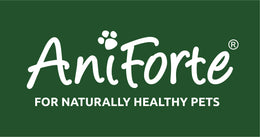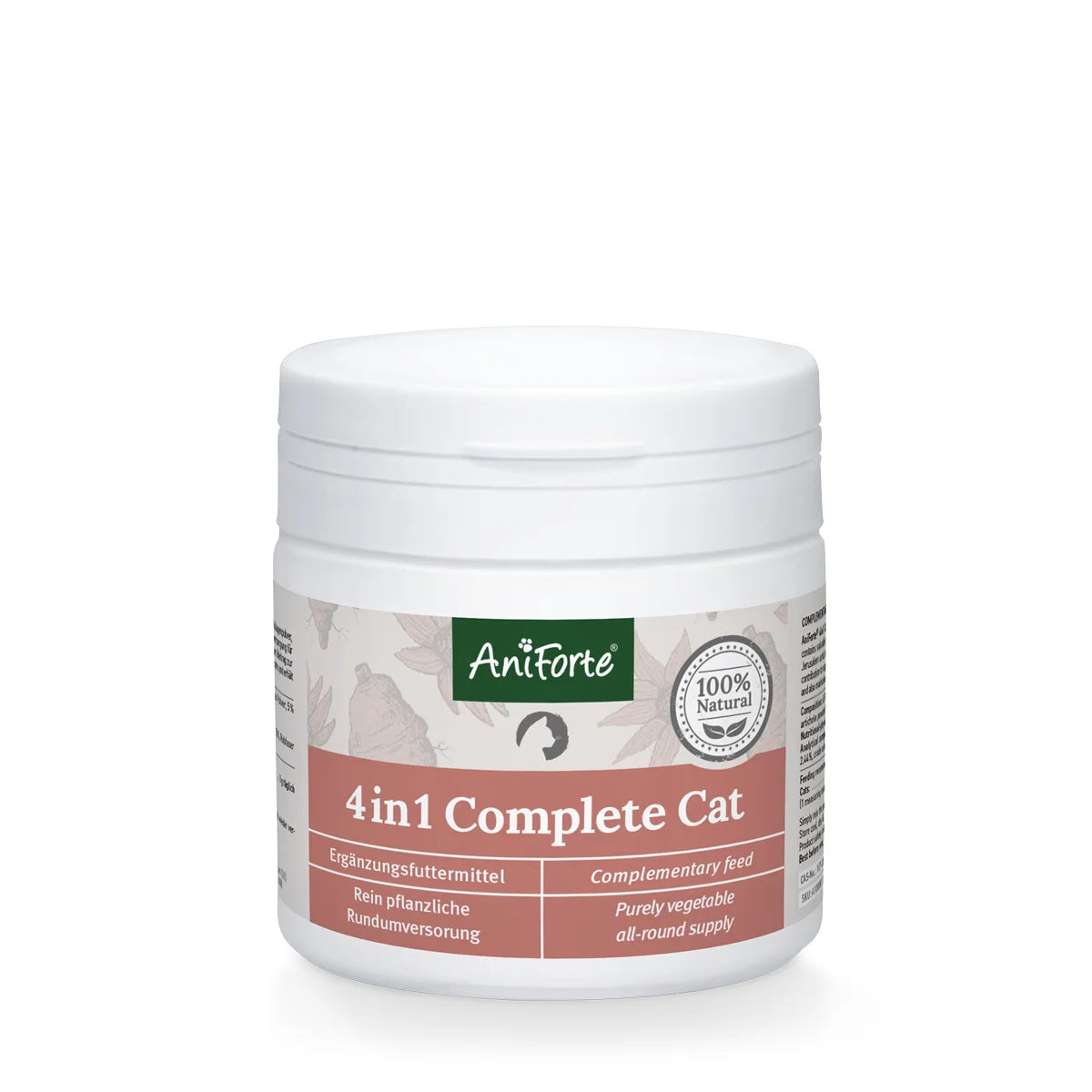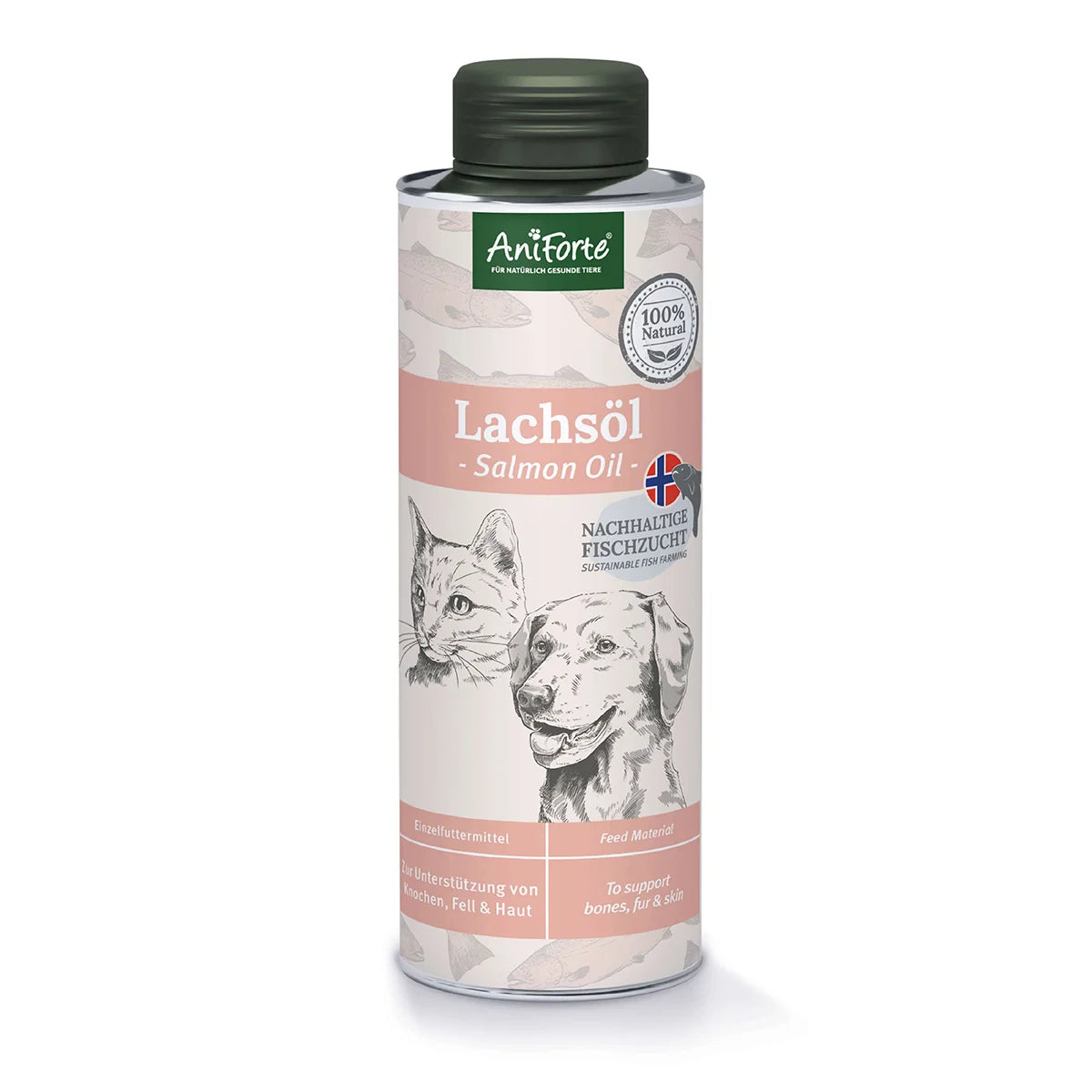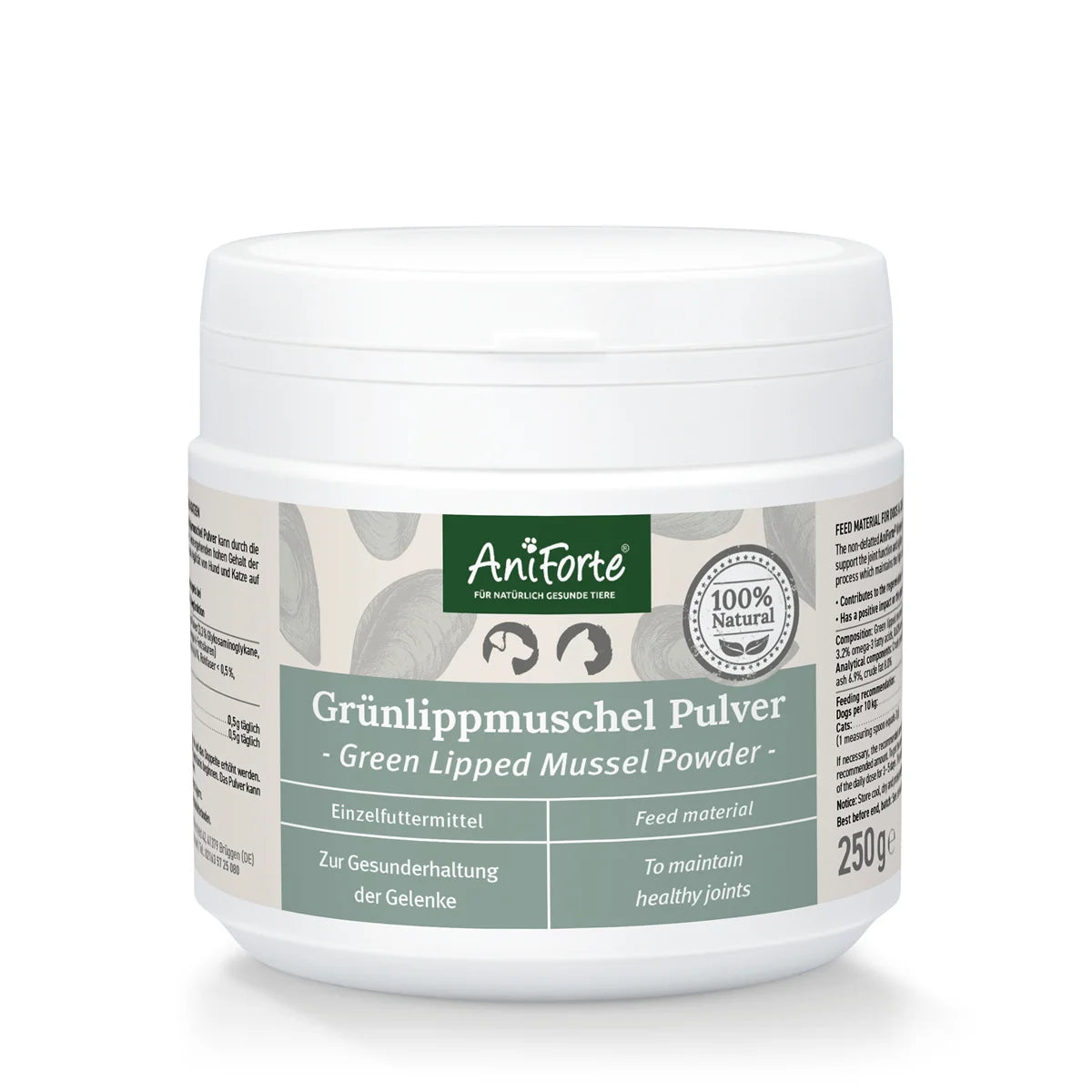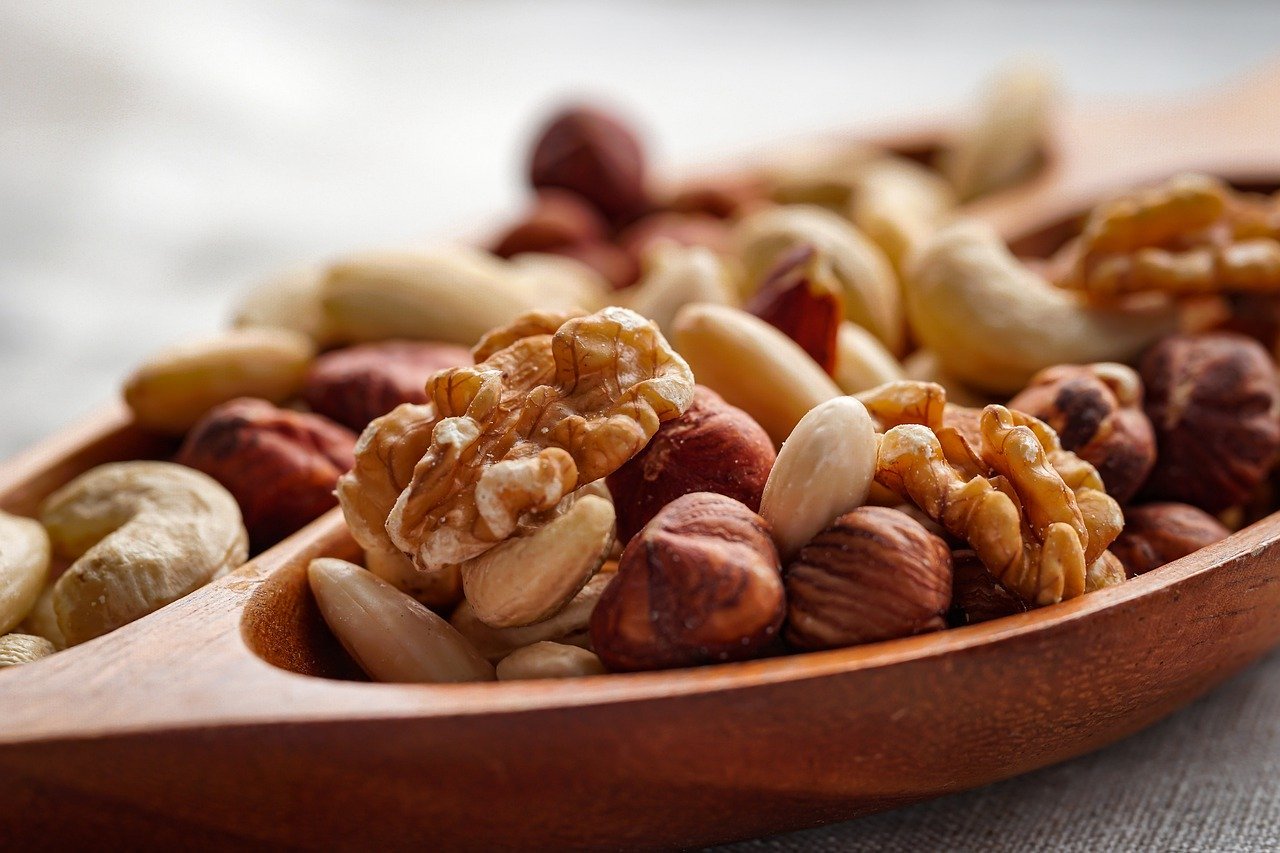 Peppers are a vegetable very rich in vitamins. It can be found on our menu in cooked or raw form. But what is good for people isn’t necessarily healthy for dogs.
Peppers are a vegetable very rich in vitamins. It can be found on our menu in cooked or raw form. But what is good for people isn’t necessarily healthy for dogs.Is bell pepper poisonous to dogs?
Bell peppers comes in different flavours, from mild to hot. The vegetable belongs to the nightshade family and contains the chemical compound solanine (also contained in tomatoes and raw potatoes.) Solanine is toxic to dogs and can cause vomiting and diarrhoea. If your dog eats a large amount of foods containing solanine, his nervous system can also be impaired. Breathing disorders, drowsiness and paralysis can result.
When can the dog eat peppers?
If the dog is to be fed peppers, then only well-ripened, red and soft. Then the solanine content is lower and the peppers are no longer as toxic to dogs. You can feed your dog peppers even when cooked, but always pay attention to the amount - no more than one slice of pepper once a week. Avoid feeding the stalk, as it contains a lot of solanine.
Pepper poisoning - take proper care of your dog
If your dog has eaten more paprika than he should, you can either watch him closely and wait for possible signs of poisoning or you can have the vet make him vomit within 30-60 minutes. You shouldn't wait longer than one hour, because then the vet will no longer be able to inject medicine to make the dog vomit; there is not enough stomach content left.
Charcoal tablets also offer short-term help. The activated charcoal binds toxins and the dog excretes them faster and more effectively. However, the dosage of the charcoal tablets must be adapted to your dog. It is best to clarify this in advance with your veterinarian or veterinary practitioner. Activated charcoal is recommended as a first aid measure for poisoning and diarrhoea.
Alternatives to peppers for dogs
There are plenty of well-tolerated vegetables for dogs. Kohlrabi, carrots and beet root are safe alternatives to peppers and can be fed to your dog regularly. They are high in vitamins, fibre and important minerals like potassium and magnesium.
Paprika for dogs: at a glance
- Bell peppers contain solanine, which is toxic to dogs
- Red, well-ripened and soft peppers have a lower solanine content
- You can feed a slice of red pepper once a week
- Alternative to peppers: kohlrabi, carrots and beet root
